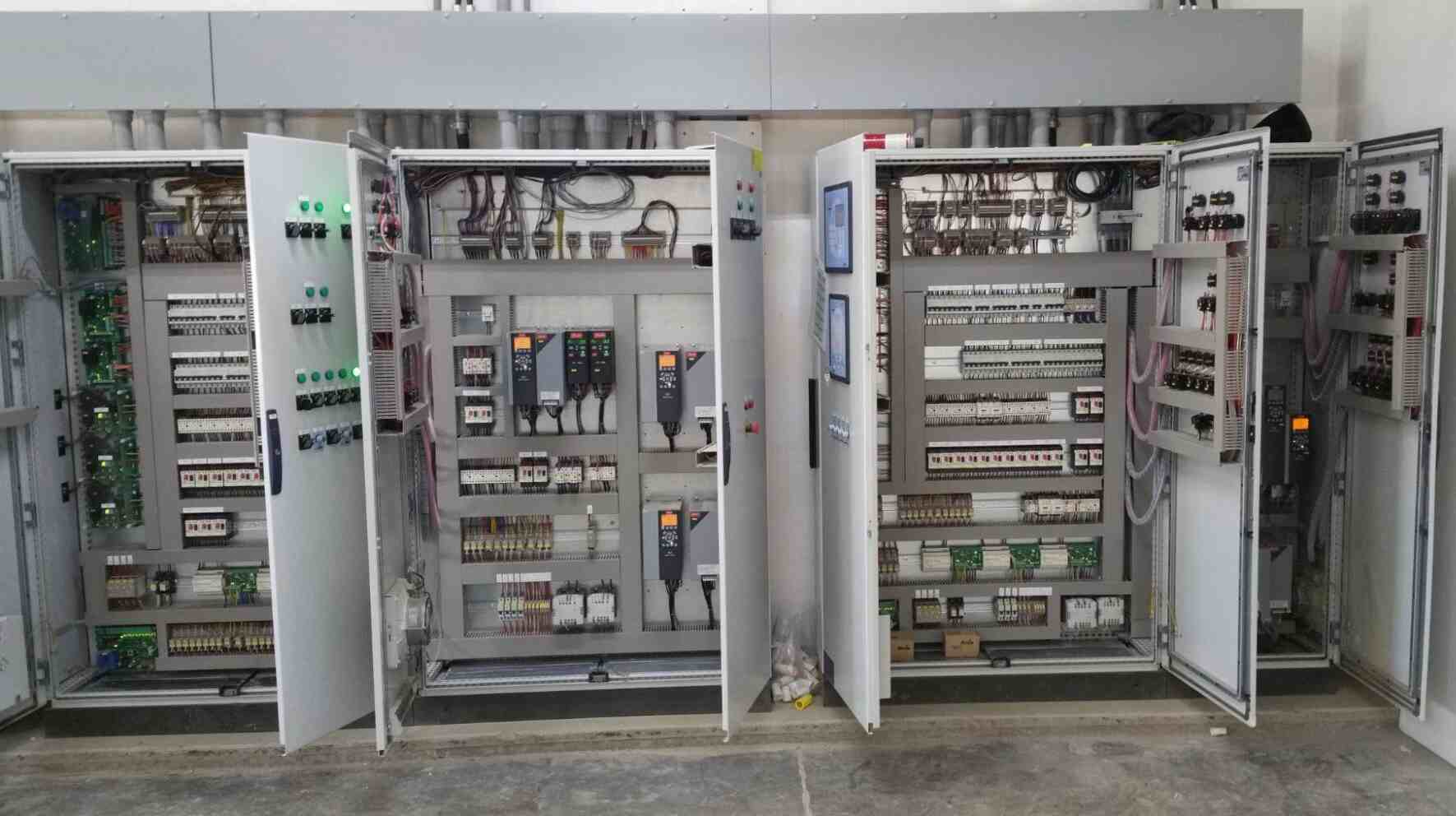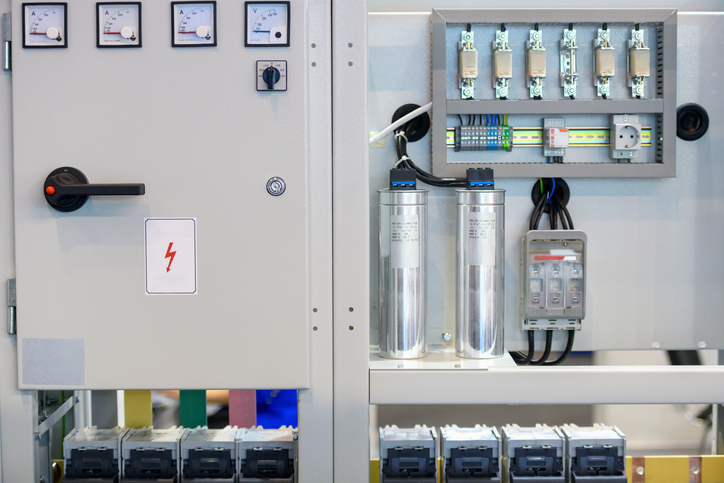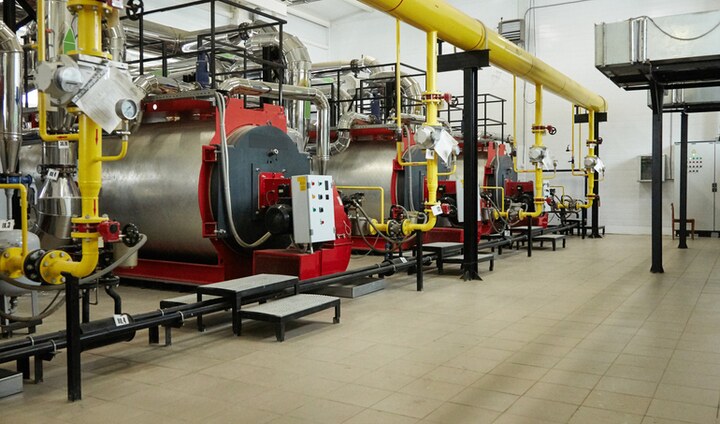The industrial landscape is witnessing a pivotal transformation, driven by relentless innovation and technological advancement. At the core of this industrial evolution is the advancement in Programmable Logic Controller (PLC) programming, a critical component in the automation and control systems across various sectors. In this blog post, we will delve into the groundbreaking PLC programming innovations that are setting new standards for efficiency, reliability, and sustainability in modern industry.
Revolutionizing Industries with PLC Programming Innovations
Enhanced Integration Capabilities
One of the most significant innovations in PLC programming is its enhanced integration capabilities, particularly with the Internet of Things (IoT) and the Industrial Internet of Things (IIoT). This integration facilitates a seamless flow of data between PLCs and various sensors and devices, enabling real-time monitoring, data analysis, and decision-making. For industries where precision and efficiency are paramount, such as agriculture and food & beverage, the ability to dynamically adjust operations based on real-time data is a game-changer.
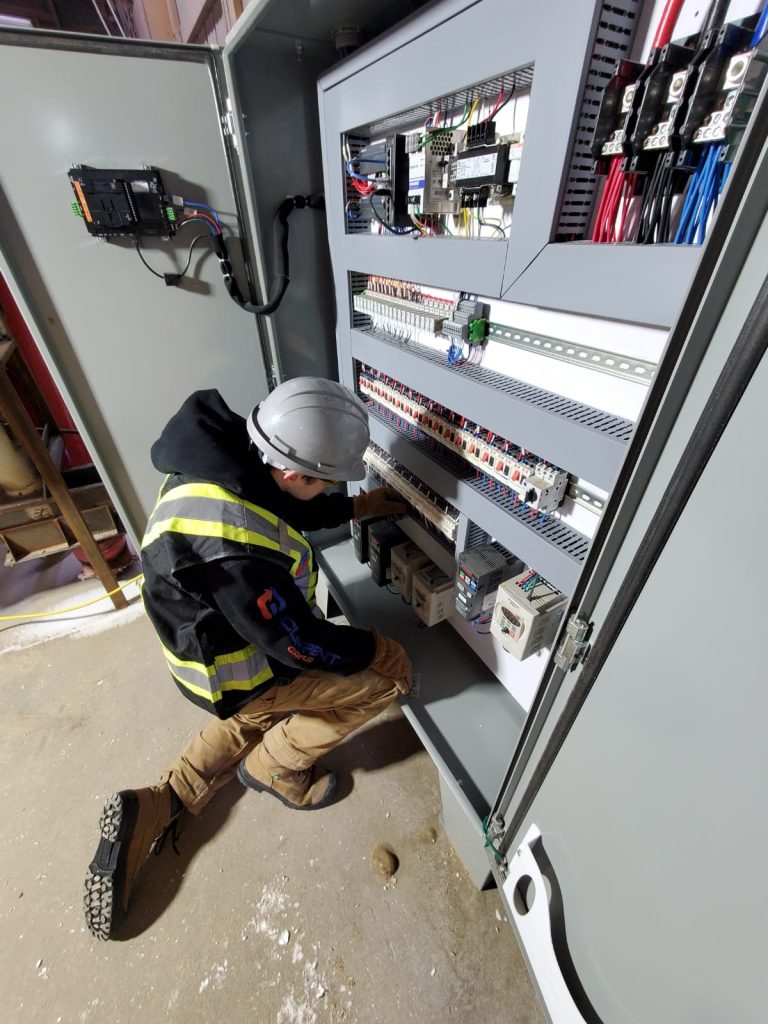
Sophisticated Programming Languages
The evolution of programming languages for PLCs marks a significant leap forward in automation capabilities. Beyond traditional ladder logic, modern PLCs support complex programming languages such as Structured Text (ST), Function Block Diagram (FBD), and Sequential Function Charts (SFC). These languages offer a higher level of abstraction, allowing for more sophisticated control algorithms and automation strategies. This innovation opens up new possibilities for tackling complex automation challenges, enhancing productivity, and reducing operational costs.
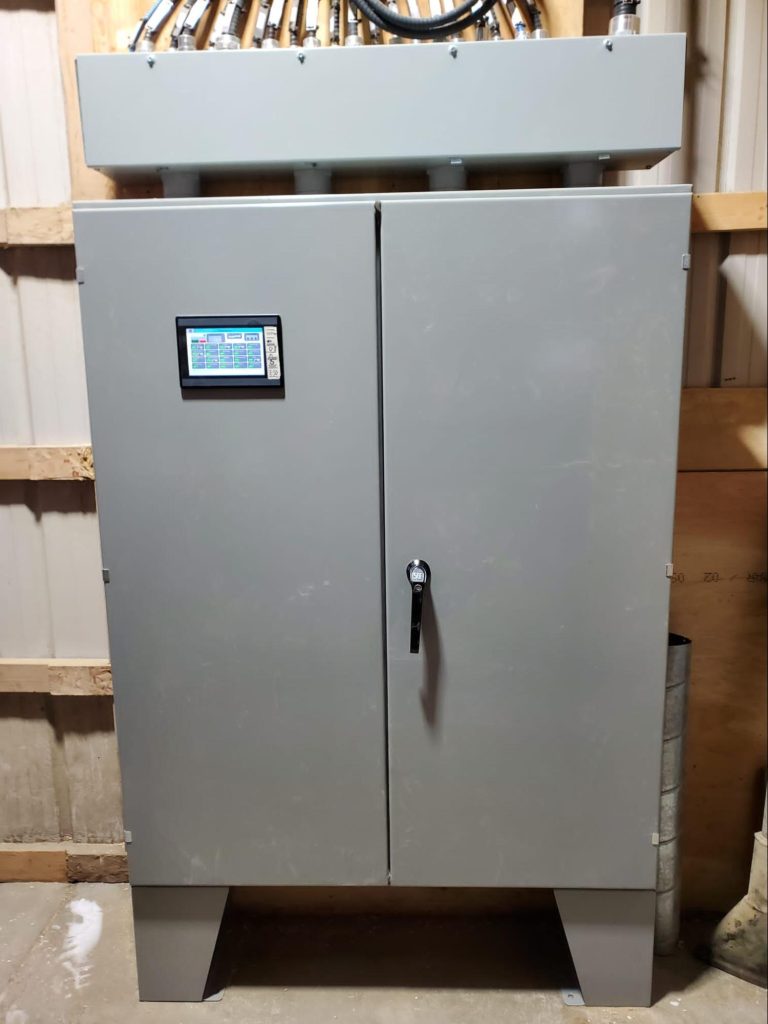
Cybersecurity Enhancements
As PLCs become more interconnected, the importance of cybersecurity cannot be overstated. Innovations in PLC programming now include robust security features designed to protect industrial control systems from cyber threats. These features encompass secure boot processes, encrypted communications, and advanced authentication mechanisms. By fortifying PLCs against potential cyber-attacks, industries can ensure the integrity and reliability of their automation systems.
Scalability and Modular Design
Modern PLC programming innovations emphasize scalability and modular design, allowing businesses to tailor their automation systems to their specific needs. This modular approach enables industries to start with a basic setup and expand functionality as required without replacing the entire system. Such flexibility is invaluable for growing businesses in Western Canada, providing them with a future-proof solution that can evolve with their expanding operational demands.
Focus on Sustainability and Energy Efficiency
With growing environmental concerns, PLC programming innovations are focused on sustainability and energy efficiency. Modern PLCs can optimize processes to minimize energy consumption, manage renewable energy sources more effectively, and reduce waste. These advancements help industries comply with environmental regulations and offer significant cost savings, contributing to a more sustainable operational model.
PLC programming innovations are revolutionizing the way industries operate, offering unprecedented levels of efficiency, reliability, and flexibility. For businesses in Western Canada, particularly in the agricultural, industrial, and food & beverage sectors, embracing these advancements is required to stay competitive in a rapidly evolving market. At Current Group, we are dedicated to harnessing these innovations to deliver state-of-the-art electrical automation solutions, empowering our clients to achieve operational excellence and sustainable growth. Contact us today to be a part of the future of industrial automation and PLC programming innovations.

